Holding on to New Life
May 6th, 2019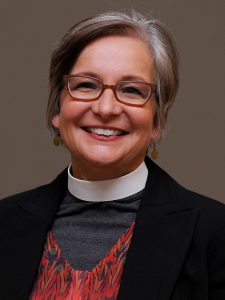 By Deb Stehlin
By Deb Stehlin
In the last two months, if you’ve asked me, “What’s new?,” I’ve exclaimed, “I’m a grandma!” And then, I probably whisked out my phone to show you a photo. Last weekend, we got to host an open house so that people in my daughter’s and son-in-law’s networks could come and meet this tiny, new life.
Each person I greeted at the door offered a quick hello and then looked past me to survey the room. They had arrived with one goal: They needed to find the baby and hold him.
What is it about holding a new human life? Time stops. The vast universe collapses into this freshly created face. Before you know it, your breathing and the baby’s breathing take on the same cadence.
THE WAY MATTHEW tells it, after Jesus rose from the dead, some of the women who were closest to him had a similar goal as the guests at our house. When they encountered the resurrected Jesus, their instinctive response was “I have to hold him.” Without even thinking, they took hold of his feet and worshiped him.
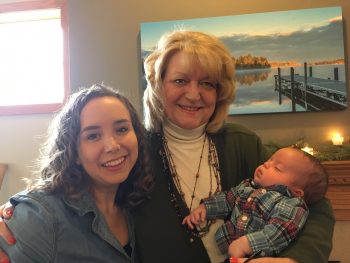
Allie Carlson-Stehlin with her former daycare provider, Debby Shepard, and Deb’s grandson Axel.
I imagine that time stopped for them, too, and that the vast universe collapsed into these now-alive feet. These feet carried the one who is New Life. These feet still carried wounds.
“Each person had arrived with one goal: They needed to find the baby and hold him.”
Before you know it, Jesus breathes into them and their lives take on a new cadence. They now have power to carry the news about this New Life to all who will listen. They all have the vision needed to order life and community in a way that reflects God’s love and justice. The Apostle Paul describes it this way: “If anyone is in Christ, the new creation has come!”
I’ve been lucky enough to tell about Jesus to people who hadn’t heard it before. I’ve witnessed New Life be born in people as they take hold of this liberating story. Time stops. The vast universe collapses into the fresh creation that will become their life.
I know, because that’s what happened when someone told me. Maybe it’s happened to you, too.
Remember that moment the next time you hold a baby.

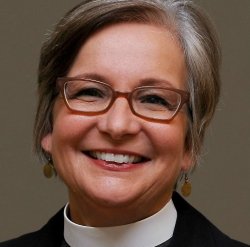
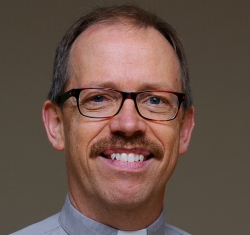
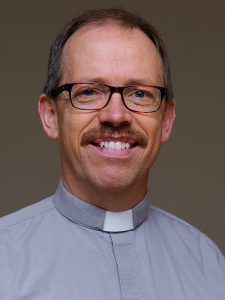
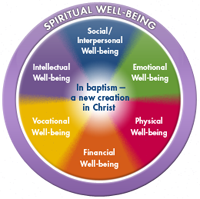
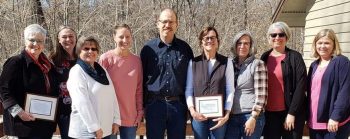
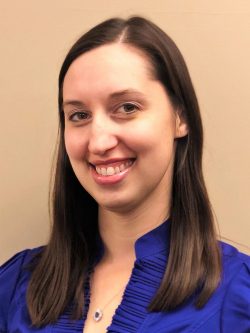
 By Brenda Blackhawk
By Brenda Blackhawk 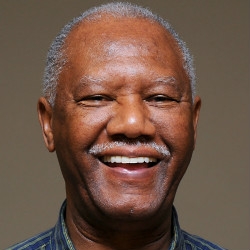
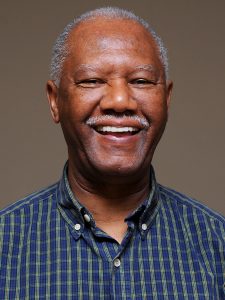 By Pastor Kelly Chatman
By Pastor Kelly Chatman
 By Emilie Bouvier
By Emilie Bouvier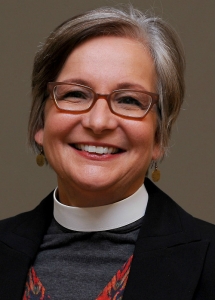 By Pastor Deb Stehlin
By Pastor Deb Stehlin 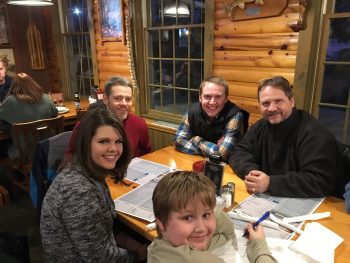
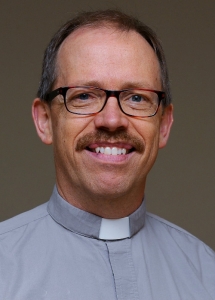
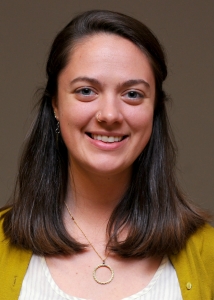 By Emilie Bouvier
By Emilie Bouvier 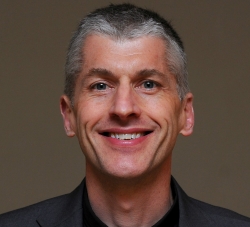
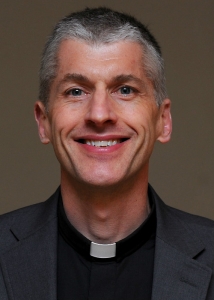 By Pastor Craig Pederson
By Pastor Craig Pederson